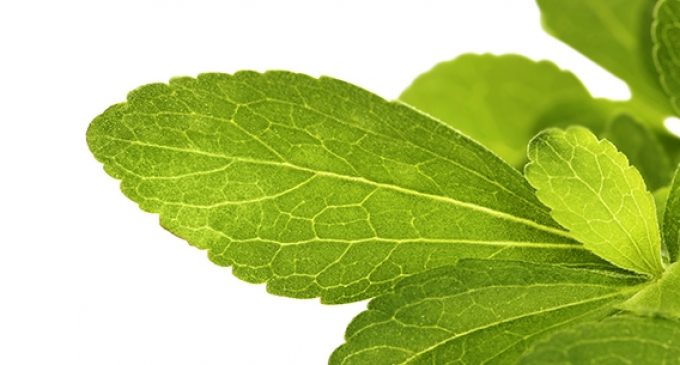Opportunity to Increase Stevia Consumption in Germany

While almost three in 10 (28%) users of sugar and sweeteners in Germany believe stevia is good for their health, new research from Mintel reveals more education is needed by stevia brands if usage is to increase. Indeed, latest research from Mintel finds there remains a core group of consumers who do not know if stevia is healthy (29%) or say it is neither good nor bad for their health (31%).
It seems stevia in Germany is benefiting from positive perceptions amongst some consumers in regards its naturalness and healthfulness. Indeed, when asked which sugar and sweeteners products are good for health, stevia (28%) fares well with German consumers, outperforming agave (27%), raw sugar (15%), brown sugar (15%), as well other high intensity sweeteners including saccharin (4%) and aspartame (2%). Only honey (68%) and maple syrup (33%) have better health perceptions, likely to be due to consumers’ high level of familiarity with these products.
Indeed, natural alternatives to sugar are gaining stronger interest in Germany, with nearly four in 10 (38%) Germans indicating an interest in seeing more naturally sweetened diet products, a figure which rises to as many as 42% of 16-24 year olds. But while almost three in 10 (28%) users of sugar and sweeteners perceive stevia as good for their health, over one in 10 (13%) perceive stevia as bad for their health.
Katya Witham, Senior Food and Drink German Analyst at Mintel, says: “As obesity creeps up on the nation, stevia’s plant-based origin makes it an attractive sweetener for health conscious German consumers. But lack of familiarity with stevia indicates that more educational efforts are required from the German food and drink industry to drive usage, which is then set to present considerable future opportunities for the stevia market.”
Stevia Goes Beyond Sugar and Sweeteners
But while Mintel’s research highlights room for growth in consumer usage, Mintel’s Global New Products Database (GNPD) finds there has been a distinct growth in the use of stevia across food and drink categories in Germany. Indeed, less than five years ago 100% of product launches containing stevia fell into the sweeteners and sugar category, since then, new product development has reflected growing consumer interest in plant-based substitutes for sugar, with stevia catching on in many other product categories. Between July 2014 and June 2015, as many as 16% of hot beverage launches in Germany contained stevia and some 14% of juice drink launches also had stevia added, while the same was true of sugar and gum confectionery (14%). Meanwhile, as many as 11% of chocolate product launches also contained stevia.
“2014 saw major food and drink brands launching their first stevia-based products in Germany, bringing stevia to a more prominent position. While multinationals have taken the lead on stevia innovation in Germany, smaller players will likely follow suit in the near future. What is more, stevia’s popularity appears to be growing not only in pre-prepared food and drink products, but also as a tabletop sweetener. Major sweetener brands have now launched a variety of stevia-based sweetener products in Germany, while retailers have introduced their own brand versions of tabletop stevia sweeteners.” Katya Witham continues.
Meanwhile, it seems many Germans are resorting to limiting their sugar intake as one of the first steps to losing weight. Among German consumers concerned about their weight, almost one-third (31%) have taken action to cut down on sugary foods and drinks, highlighting the growing need for products with reduced sugar.
But while consumers are keen to cut down their sugar intake, they are also suspicious about sweeteners and additives. Today, almost 60% of Germans admit that they are wary of the ingredients, such as sweeteners and other additives that go into diet food products to make them low calorie.

































